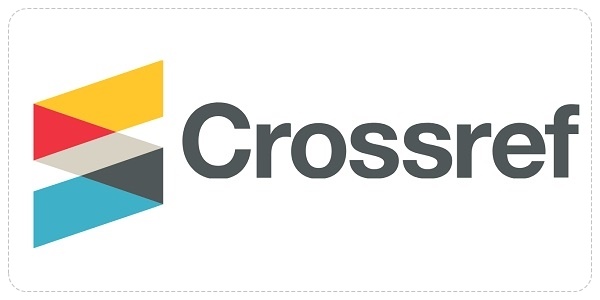Systematic Literature Review: The Role of Artificial Intelligence in Educational Transformation in the Digital Era
Abstract
This research examines the role of Artificial Intelligence (AI) in educational transformation in the digital era using the Systematic Literature Review (SLR) method. SLR is carried out by collecting and analyzing references from leading sources such as Scopus, Web of Science (WoS), and Google Scholar. The focus of this research is on three main aspects of AI in education: personalization of learning, administrative efficiency, and pedagogical innovation. AI enables the creation of learning experiences that are more tailored to individual student needs and abilities, with the customization of learning materials and the use of intelligent tutoring systems that provide real-time feedback. This supports increased student engagement and a more effective and inclusive learning process. Apart from that, AI also plays a role in improving the operational efficiency of educational institutions, such as managing student data, scheduling and processing attendance, which previously required significant time and effort. By automating administrative tasks, staff can focus more on strategic tasks. On the pedagogical innovation side, AI supports the development of more interactive and technology-based teaching methods, such as game-based learning and adaptive e-learning platforms. Nonetheless, the integration of AI in education faces challenges related to data security and digital divides that need to be addressed for this technology to be used fairly and effectively.
Keywords
Artificial Intelligence (AI), Educational Transformation, Personalized Learning, Pedagogical Innovation, Administrative Efficiency
DOI: https://doi.org/10.17509/pdgia.v23i1.77327
Refbacks
- There are currently no refbacks.
INDEXED BY

This work is licensed under a Creative Commons Attribution-ShareAlike 4.0 International License
















